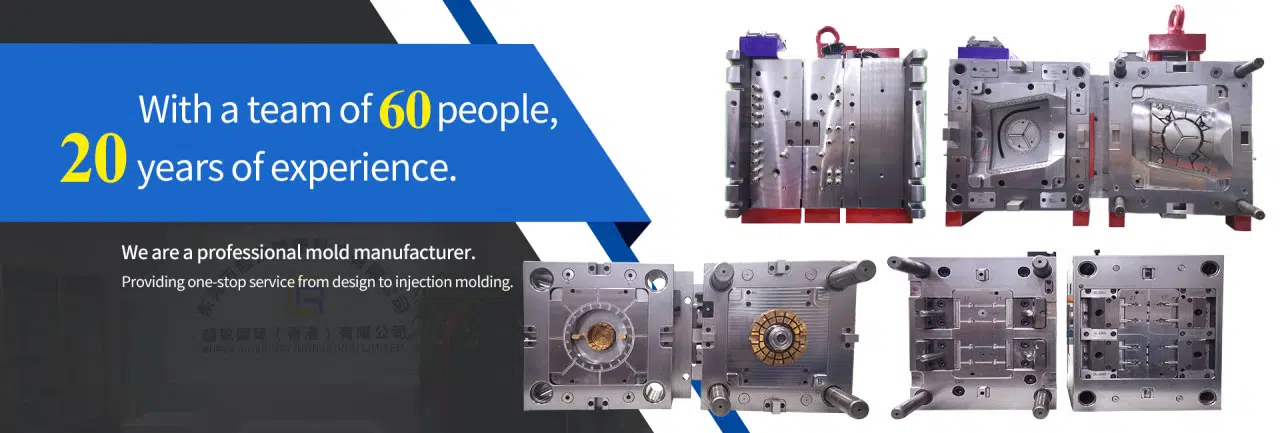Welding Techniques in Modern Manufacturing

# Welding Techniques in Modern Manufacturing
## Introduction to Welding in Manufacturing
Welding plays a crucial role in modern manufacturing processes, serving as the backbone for joining metals in various industries. From automotive to aerospace, construction to electronics, welding techniques have evolved significantly to meet the demands of precision, efficiency, and durability in today’s manufacturing landscape.
## Common Welding Methods
### 1. Arc Welding
Arc welding remains one of the most widely used techniques in manufacturing. This process uses an electric arc to melt and join metals. Variations include:
– Shielded Metal Arc Welding (SMAW)
– Gas Metal Arc Welding (GMAW/MIG)
– Flux-Cored Arc Welding (FCAW)
– Gas Tungsten Arc Welding (GTAW/TIG)
### 2. Resistance Welding
Resistance welding applies pressure and electric current to join metals. Common types include:
– Spot welding
– Seam welding
– Projection welding
### 3. Laser Welding
Laser welding has gained popularity for its precision and speed in modern manufacturing. This technique uses concentrated laser beams to create high-quality welds with minimal heat distortion.
## Advanced Welding Technologies
### Robotic Welding Systems
Automated welding systems have revolutionized manufacturing by improving consistency and productivity. These systems offer:
– Higher precision than manual welding
– Increased production speed
– Improved worker safety
– Consistent weld quality
### Friction Stir Welding (FSW)
This solid-state joining process is particularly valuable for aluminum alloys in aerospace and automotive applications. FSW produces high-strength joints without melting the base material.
## Quality Control in Welding
Modern manufacturing emphasizes rigorous quality control measures for welding processes:
– Non-destructive testing (NDT) methods
– Real-time monitoring systems
– Automated inspection technologies
– Certification and compliance standards
Keyword: Welding
## Future Trends in Welding Technology
The welding industry continues to evolve with emerging technologies:
– Additive manufacturing (3D printing) integration
– Artificial intelligence for process optimization
– Environmentally friendly welding processes
– Advanced materials compatibility
## Conclusion
Welding techniques in modern manufacturing have advanced significantly to meet the demands of various industries. As technology progresses, welding processes will continue to evolve, offering greater precision, efficiency, and sustainability in manufacturing operations worldwide.